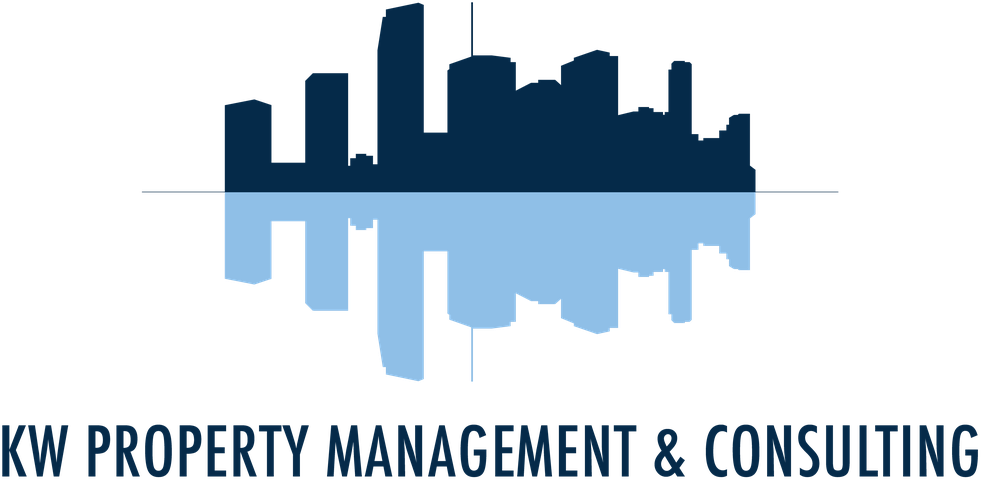
A homeowner association and a condominium association have a duty to maintain their common property. That duty is generally provided for in Florida Statutes and the express duties are usually set forth in the Declaration of Covenants and Restrictions. For homeowners’ associations, the duty is set forth in Fla. Stat. 720.305(1) (“Each member and the member’s tenants, guests, and invitees, and each association, are governed by, and must comply with, this chapter, the governing documents of the community, and the rules of the association…”) For condominium associations the duty is set forth in Fla. Stat. 718.303(1) (“Each unit owner, each tenant and other invitee, and each association is governed by, and must comply with the provisions of, this chapter, the declaration, the documents creating the association and the association bylaws which shall be deemed expressly incorporated into any lease of a unit.”); see also, Fla. Stat. 718.113(1) (“Maintenance of the common elements is the responsibility of the association…”).
The focus of any community association is generally on the assets of the community that directly impact value of the homes or units in the community. Landscaping and amenities are almost always the beneficiaries of the first dollars spent by the community association. However, when infrastructure fails it can be a very costly and sometimes unexpected expense.
What Causes a Stormwater System to Fail
When a stormwater system fails it often results in rapid erosion, which could include sinkholes and/or damage to roads or sidewalks. Conversely, a stormwater system can experience a slow decline due to siltation, lack of capacity and erosion. Problems resulting from lack of long-term maintenance can be a surprise because the stormwater system is often excluded from a reserve study due to the perception that the lifespan of the stormwater system exceeds the need for a reserve. Problems with a stormwater system can also manifest due to construction defects and/or design defects notwithstanding proper maintenance. If there are design defects or construction defects in the stormwater system, manifestation of such defects may not become apparent for many years. Sometimes, the manifestation of the defects in a stormwater system is so delayed that the statute of repose to file suit against the builder/developer has run before the community association even learns of the issues with the stormwater system.
The Transfer of Stormwater Permits
For all of the reasons stated above, the maintenance of a stormwater system is important. Although the manner in which the stormwater system is created and the manner in which a permit is assigned can vary, the process generally involves the transferring of a stormwater permit to the community association. Generally, the developer retains ownership of all common property of the community association until turnover. As such, the stormwater permits are generally issued in the name of the developer. At turnover, when the common property is deeded to the community association the deeds relating to the stormwater system and the related stormwater permits are generally also transferred to the community association. The permit will generally provide for the community association to indemnify and hold harmless the District from liability and sometimes the permit will contain maintenance requirements.
General Maintenance and Proper Insurance Coverage to Minimize Risk
Regardless of whether the stormwater system is contained in the community association’s reserve study, the community association should comply with any maintenance requirements and should ensure that the stormwater lakes are identified as insured property as part of its insurance policies. Although the stormwater system is an often-forgotten asset of a community association, maintenance is generally minimal so long as there are no construction or design defects in the system. Through general maintenance and proper insurance, a community association can minimize the risk of failure of the stormwater system and can insure against liability from damages associated with personal injury or damage to property.
